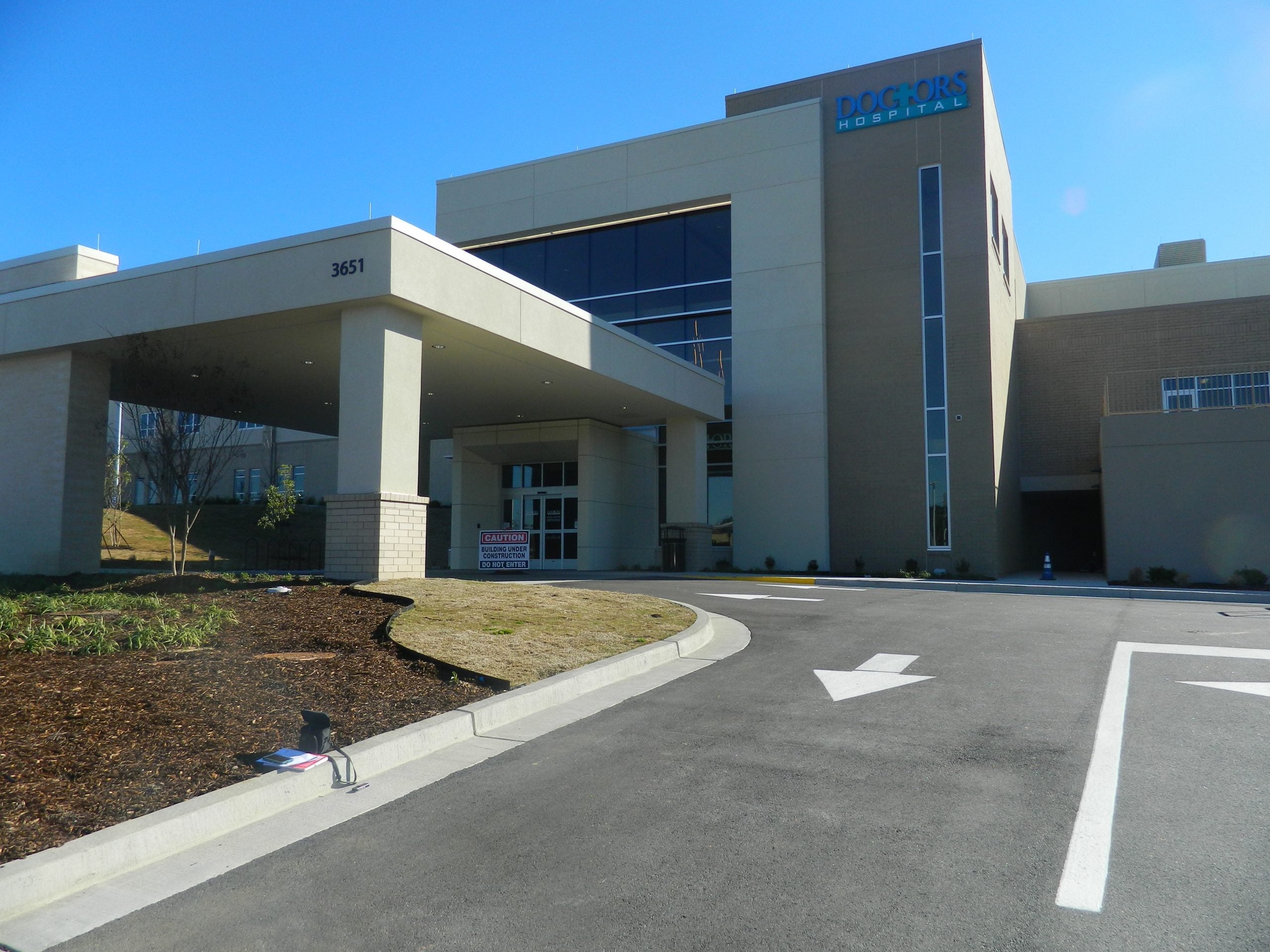The battle over which hospitals get to expand services into Columbia County inched closer to a final decision late last month when the Georgia Court of Appeals ruled against AU Medical Center.
AU Medical Center challenged the decision to grant a certificate of need to Doctors Hospital to build a free-standing emergency room department in Columbia County.
Doctors Hospital applied the certificate of need with the Georgia Department of Community Health. The plan would place a 12-bed emergency room facility at 464 North Belair Rd., which is about five miles from the main hospital.
The decision on Doctors Hospital’s request went back and forth, according to prior news coverage, but ultimately the certificate of need was granted. Since 2008, Georgia requires medical services providers to obtain certificates of need to build hospitals, and in 2019 the General Assembly amended the law to include freestanding emergency departments.
AU Medical Center sought judicial review of the decision in Fulton County Superior Court. The judge agreed with the decision to award the certificate of need to Doctors Hospital. The next step was the appeal before the Court of Appeals.
AU Medical Center can further challenge the decision to the Georgia Supreme Court.
“AU Medical Center is very disappointed in the Court of Appeals decision, and we are in the process of discussing our next steps, including respectfully asking the Court to reconsider its decision,” Rick Plummer, associate vice president at Augusta University Heath, said by email.
In its Oct. 26 opinion, the Court of Appeals judges found that the proper standard of evidence wasn’t used in the granting of the certificate of need to Doctors Hospital, but AU Medical Center did not show the Fulton County judge how the decision prejudiced it. Because the issue wasn’t raised then, it is abandoned on appeal, the opinion states.
AU Medical Center also went through a protracted process with legal challenges of its own to get a ruling that it could build a hospital in Columbia County. In 2014 it was granted permission to build a 100-bed hospital with Columbia County contributing at 25 percent of the cost. The other hospitals challenged that decision. The legal battle ended in June 2021 when the Georgia Supreme Court declined to take the case.








